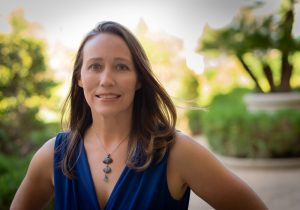Jun 29
2020
Lessons Learned From Virtual Learning: UP Academy

I am Tanya Sheckley, founder of UP Academy, a progressive elementary lab school for the inclusion of students with physical disabilities in San Mateo, California. As a small school, one of my many hats is head of IT.
Our school is small, creative and flexible in our teaching and our methods, we employ the feedback of our educators, students and parents as well as new research and ideas in education all the time. This nimbleness allowed us to pivot quickly to online learning.
We began with a split schedule, we have young learners and didn’t want them online for hours a day. Our educational method is individualized and uses technology sparingly, we believe individualized education should come from individuals. We had 30 minutes of Zoom educator time, 30 minutes independent work and a break in several cycles a day. We wanted to break up screen time with independence and play.
Lessons learned: Too little screen time does not allow for connection. Too many sign on/offs was difficult for parents and students.
Iteration two included weekly emails for parent preparation, adding school wide morning meeting time and parent feedback meetings and weekly staff meetings to discuss issues.
Lessons learned: To be successful the program must work for families philosophies and new challenges of timing and working from home (ours wasn’t). While morning meeting added a time to connect with the school, it wasn’t enough for students to get to chat with each other. Students need to learn and have time to talk, just like in school. Google Classroom assignments was sending 20 to 50 emails per week to families, it was overwhelming.
Iteration three: We turned off Classroom notifications, we changed our schedule to learning blocks and flexible learning time, we added a longer lunch break and more educator interaction on project work. We added a 30 min 1:1 session with each student and educator to talk about whatever they wanted — it could be school work or math questions, or it could be sharing a favorite book or talking about coloring the millenium falcon — the goal is the students mental health and knowing they had another adult, besides a parent, to connect with and talk to.